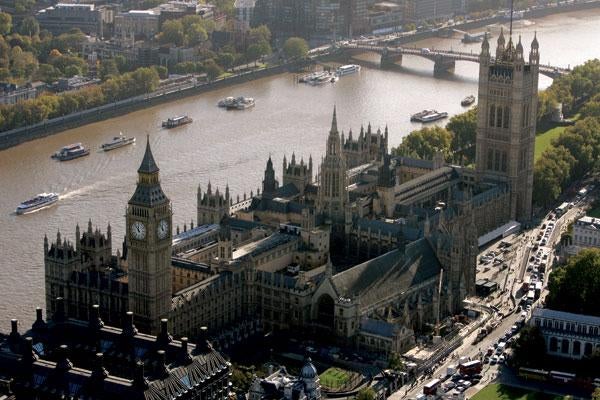
The Government yesterday significantly strengthened judicial oversight of state surveillance as the Investigatory Powers Bill went through its final stages in the House of Commons.
The House of Commons did not back a proposed ‘shield’ amendment proposed by the NUJ with the backing of the Society of Editors and the News Media Association which would enable journalists to argue in court against any state surveillance aimed at identifying their sources. But this measure could yet be introduced when the bill goes through the House of Lords.
However the new powers for judicial commissioners to oversee state surveillance would be likely to provide extra protection for journalists and their sources.
The bill seeks to codify widespread government powers to intercept communications data.
The last-minute change from the Government ensures that judicial commissioners, when reviewing a Home Secretary’s decision to grant a surveillance warrant, would have to take into account their duties under a new overarching privacy clause, itself a concession.
They would now have to take into account human rights concerns, going further than previously planned powers to conduct a “judicial review test” – which would decide only if the home secretary had erred in law.
Shadow home secretary Andy Burnham said: “It will require much closer scrutiny of the initial decision of the home secretary and significantly bring greater clarity compared to the Government’s initial judicial review test.
“We believe that this does indeed amount to a real double lock and I have to say to a real victory for this side of the House.”
Solicitor General Robert Buckland said: “That would maintain democratic accountability and introduce a new element of judicial independence into the warrant authorising process.
“This double lock represented the most significant change in our lifetimes to the way in which the security and intelligence agencies exercise their vital powers.
“It’s groundbreaking and innovative and important when it comes to the balance between the public interest in protecting our citizens and the interests of privacy.”
Earlier, security minister John Hayes signalled the Government was “happy to listen and learn” and potentially offer further concessions on the privacy clause – intended to ensure security services only use contentious new spying powers if less intrusive options have been exhausted.
The Government’s current version of the bill was approved by MPs unopposed but ministers could introduce new details when it reaches the House of Lords.
The only explicit protection for journalists in the bill covers applications to view telecoms data in order to identify their sources. Such applications would be made in secret, to telecoms providers, and must be approved by a judicial commissioner.
The ‘shield’ amendment proposed by Lib Dem Alistair Carmichael for the NUJ proposes that the procedure contained in the Police and Criminal Evidence Act should be adopted across the bill to cover any surveillance or interception aimed at identifying confidential sources.
This would allow news organisations to argue the case against disclosure in court.
Burnham told the Commons: “When we talk about protections for sensitive professions —lawyers, journalists and Members of Parliament—it might sound to anyone watching this debate as though we in this House were once again seeking special status for ourselves in the eyes of the law.
“That is why it is important that I emphasise that these are not special privileges or protections for Members of Parliament, but protections for members of the public. If someone seeks the help of an MP at a constituency advice surgery or of a lawyer, or blows the whistle to a journalist, they should be able to do so with a high degree of confidence that the conversation is confidential.
“On journalists and journalistic sources, we welcome the fact that the Government have moved to put protections originally in the codes underpinning the Bill into the measure itself. We note, however, that the National Union of Journalists believes that wider protections are still needed, and the Government should continue to work with it to get that right.”
Email pged@pressgazette.co.uk to point out mistakes, provide story tips or send in a letter for publication on our "Letters Page" blog
